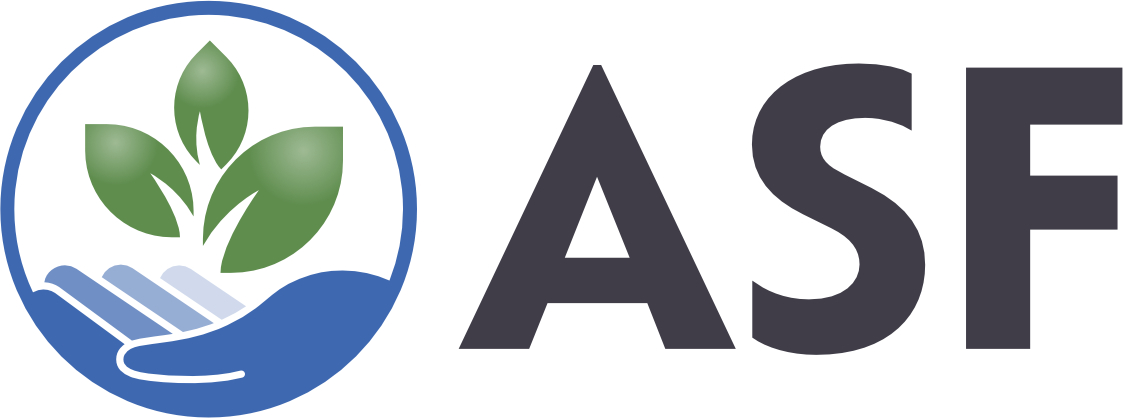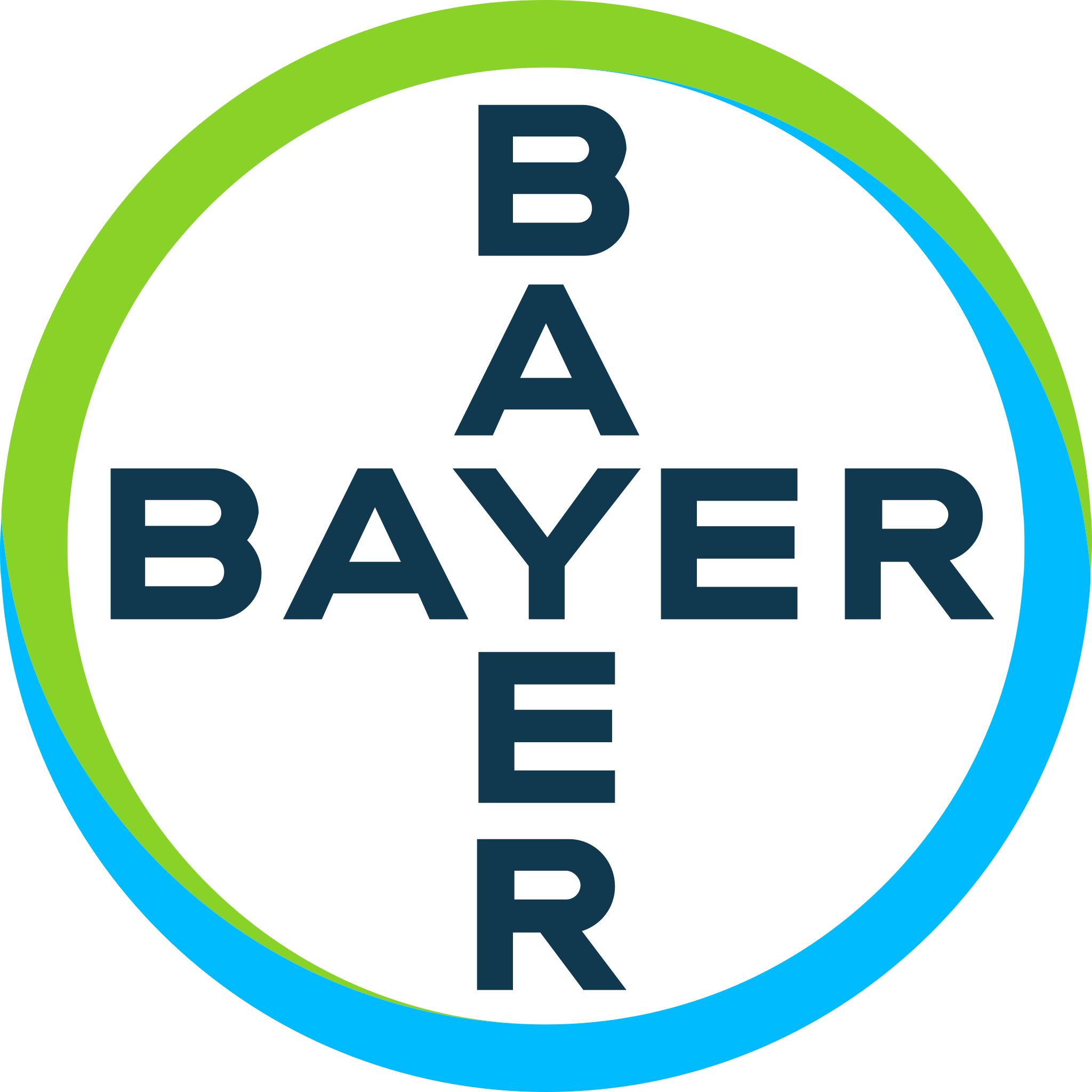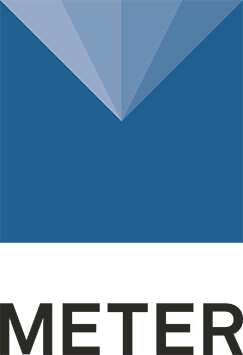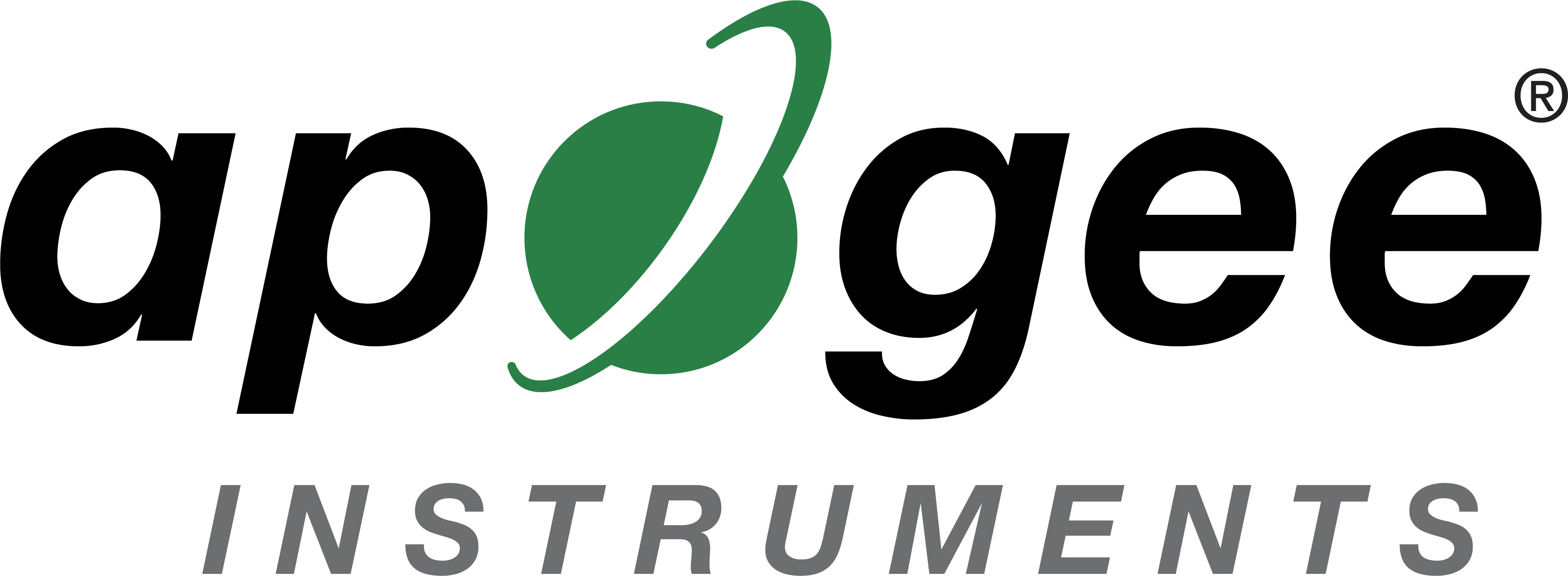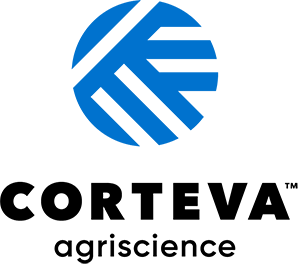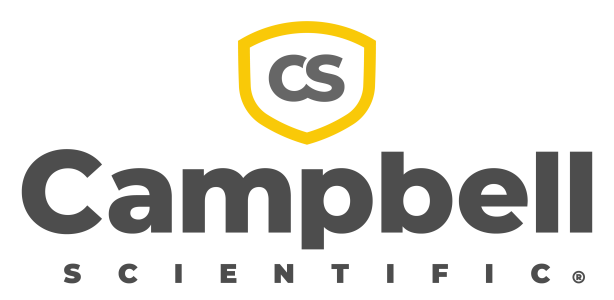
Tours & Workshops
Hands-on & applied learning: in action
CANVAS features unforgettable tours (explore groundbreaking research in event location with fun, horizon-broadening excursions) and impactful workshops (learn practical skills and exchange ideas in interactive, hands-on sessions led by experienced professionals) that engage attendees with hands-on and applied learning.
Tours & Workshops deliver regional experiences and opportunities that engage and influence the future of our sciences.
CANVAS 2026 | Portland, OR | Nov. 1-4, 2026
Thinking of organizing a tour or workshop for CANVAS 2026 in Portland, OR? Here's information on how to get started!
Deadline for Proposal Submissions: March 27, 2026
Tours
Tours are designed to introduce your peers to unique and ground-breaking research in the meeting region. The tour should be educational and interesting, but to ensure a successful and excellent excursion, they should also be fun.
As a tour organizer, you will be responsible for developing the content that will be covered and a detailed itinerary of the tour that outlines the locations that will be visited. This includes contacting each location to secure the time and services needed for the tour. ASA, CSSA, & SSSA staff will assist with the logistical aspects of the tour, such as renting the motor coaches, securing contracts, paying deposits and invoices, etc. Tours depart and return from the CANVAS location and are not available virtually. Tours typically range from 4 to 8 hours and typically occur on the Sunday of the meeting, but can occur any other day during CANVAS.
Information needed when submitting a tour includes:
Detailed Itinerary
Day and time of tour (start time and end time)
Name and address of each location visited on the tour
Length of time to be spent at each location
Number of Participants
The maximum number of people that each location can accommodate
The fewest of people to run the tour
Will a meal, beverage, or snack be provided?
If a meal is provided, the location and cost per person
Type of beverage or snack with anticipated cost per person
Handouts (if provided)
Digital or printed. We strongly recommend digital, as printed handouts can increase the cost to participate in the tour by up to $25 per person.
Other Expenses
Entrance fees or rental fees at any of the locations
Equipment rental/services
Speaker fees or expenses
Promotional Information
Description of tour to be listed on the website
Organizer name and contact information to be listed on the website
Workshops
A workshop is an interactive educational program for a relatively small group of people that emphasizes the exchange of ideas and the demonstration and application of techniques, skills, etc. through hands-on experience. Workshops are taught by established professionals who provide the benefit of their experience to course participants.
As a workshop organizer, you will be responsible for developing the content that will be covered, securing speakers, and identifying equipment and services needed to ensure the success of the workshop. ASA, CSSA, and SSSA Staff will assist with the logistical aspects of the workshop, including securing the location, equipment, and services needed. Workshops are held at the CANVAS location and not available virtually. Workshops range from 2 to 8 hours and typically occur on the Sunday of the annual meeting, but can also occur any other day during the meeting.
Information needed when submitting a workshop includes:
Date of Workshop
Start time and end time
Breaks provided
Program
Content to be covered
Intended audience
Speakers
Room Layout
Theater seating, classroom, round tables, etc.
Participants
Maximum number of people that the workshop can accommodate
Fewest number of people to run the workshop
Items participants required to bring
Pre-workshop preparation required
Will a meal, beverage or snack be provided?
What and when would you like items to be provided
Handouts (if provided)
Digital or printed. We strongly recommend digital, as printed handouts can increase the cost to participate in the tour by up to $25 per person.
Presentation Equipment Needed
Projector, screen, computer, microphone, flip chart, internet, etc.
Other Expenses
Speaker expenses
Attendee needs (Electricity for laptop, internet, etc.)
Promotional Information
Description of workshop to be listed on website
Organizer name and contact information to be listed on the website
